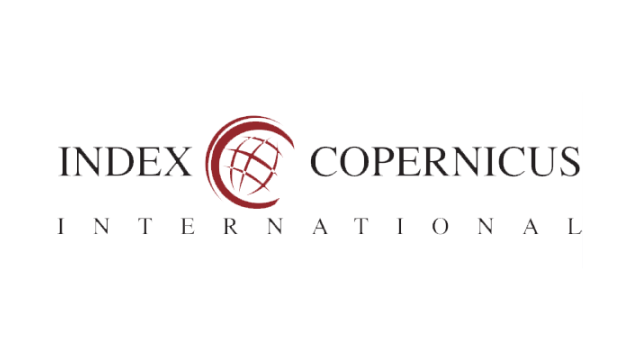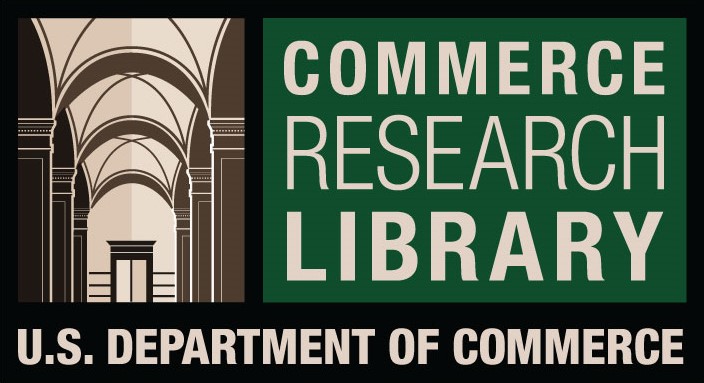EMPIRICAL RESEARCH ON ORGANIZATIONAL BEHAVIOUR IN EDUCATION AND MANAGEMENT FOR CAREER DEVELOPMENT
DOI:
https://doi.org/10.61841/tes16h78Keywords:
Organizational Behaviour,, Education, Management, Career Development, Challenges, IndividualsAbstract
Educational institutions are considered organizations, which are consciously and resolutely coordinated social units, composed of two or more people. Organizations work to implement their tasks and functions to achieve desired goals and objectives. The members of organizations are dedicated to carrying out their job functions, which are aimed at achieving a common goal or set of goals. The main goal of this research work is to study organizational behaviour in education. The effective implementation of organizational behaviour in education contributes to the improvement of job performance, generates job satisfaction and leads to the achievement of desired goals and objectives. The main areas that have been considered are the nature and characteristics of organizational behaviour, the scope of organizational behaviour, the need for organizational behaviour in education, the contribution of educational fields to organizational behaviour, career development for the organizational behaviour and challenges organizational behaviour opportunities.
Downloads
References
1. Baijumon, P., &Yakoob, C. (2015). Organizational Theory and Behaviour. University of
a. Calicut. Retrieved October 16, 2017from
2. http://www.universityofcalicut.info/SDE/I_MCom_Organizational_theory_and_behaviour_on16March2 016.pdf
3. Owens, R.G., &Valesky. T. C. (2007). Organizational Behaviour in Education Adaptive
4. Leadership in School Reform. Retrieved October 16, 2017 from http://www.kean.edu/~lelovitz/docs/EDD6005/Owens%20power%20points/Owens%20Test%20Bank.pd f
5. Owens, R.G., &Valesky, T. C. (2014). Organizational Behaviour in Education Leadership and School Reform. Retrieved October 16, 2017 fromhttps://files.pearsoned.de/inf/ext/9781292054773
6. Robbins, S.P., & Judge, T.A. (2013). Organizational Behaviour. Pearson. Retrieved October 16, 2017 fromhttp://bba12.weebly.com/uploads/9/4/2/8/9428277/organizational_behavior_15e_-
_stephen_p_robbins timothy_a_judge_pdf_qwerty.pdf
7. Scalza, A.A. (2007). Organizational Behaviour in the Classroom: Project Based and Experiential Learning in the Construction Management Curriculum. Farmingdale State College. Retrieved October 16, 2017 from https://www.asee.org/documents/sections/middle-atlantic/2007/08-Organizational- Behavior-in-the-Classroom.pdf
8. Gandhi, P. N. (2019). Effect Of Differentiated Transformational Leadership . Journal Of Current Science
, 20(01),
9. Gandhi, P. N. (2019). Analytic Research In Management : Contemporary Approaches. Journal of Current Science , 20(01),
10. Gandhi, P. N. (2019). A Role Of Management Concepts in Indian Economy . (2019th ed.). new delhi:jherf. p.193.
11. N.P.Gandhi, (2019). international conference on sustainable development through social science management ,smart education ,agriculture technologies & advance engineering applications inglobal environment . (2019th ed.). new delhi:jherf. p.128.
12. Kulkarni, D. & Gandhi, P. (2019). RIGHT TO INFORMATION AND DEMOCRACY: AN
13. IMPACT ANALYTICAL RESEARCH. JOURNAL OF CURRENT SCIENCE, 20(06), p.6
14. Kulkarni, D. & Gandhi, P. (2019).UNDERSTANDING PERFORMANCE APPRAISAL SYSTEM THROUGH CASE ANLAYSIS
15. Aswathappa K. Organizational Behaviour. Himalaya Publishing House, 2005.
16. Robbins S. P, Judge A. Timothy, Sanghi Seema. Organizational Behaviour. Pearson Prentice Hall, 2009.
17. Hosie P.J, Smith R.C, A future for Organizational Behaviour?, Emerald European Business Review Vol
.21 No. 3,2009.
Downloads
Published
Issue
Section
License

This work is licensed under a Creative Commons Attribution 4.0 International License.
You are free to:
- Share — copy and redistribute the material in any medium or format for any purpose, even commercially.
- Adapt — remix, transform, and build upon the material for any purpose, even commercially.
- The licensor cannot revoke these freedoms as long as you follow the license terms.
Under the following terms:
- Attribution — You must give appropriate credit , provide a link to the license, and indicate if changes were made . You may do so in any reasonable manner, but not in any way that suggests the licensor endorses you or your use.
- No additional restrictions — You may not apply legal terms or technological measures that legally restrict others from doing anything the license permits.
Notices:
You do not have to comply with the license for elements of the material in the public domain or where your use is permitted by an applicable exception or limitation .
No warranties are given. The license may not give you all of the permissions necessary for your intended use. For example, other rights such as publicity, privacy, or moral rights may limit how you use the material.









